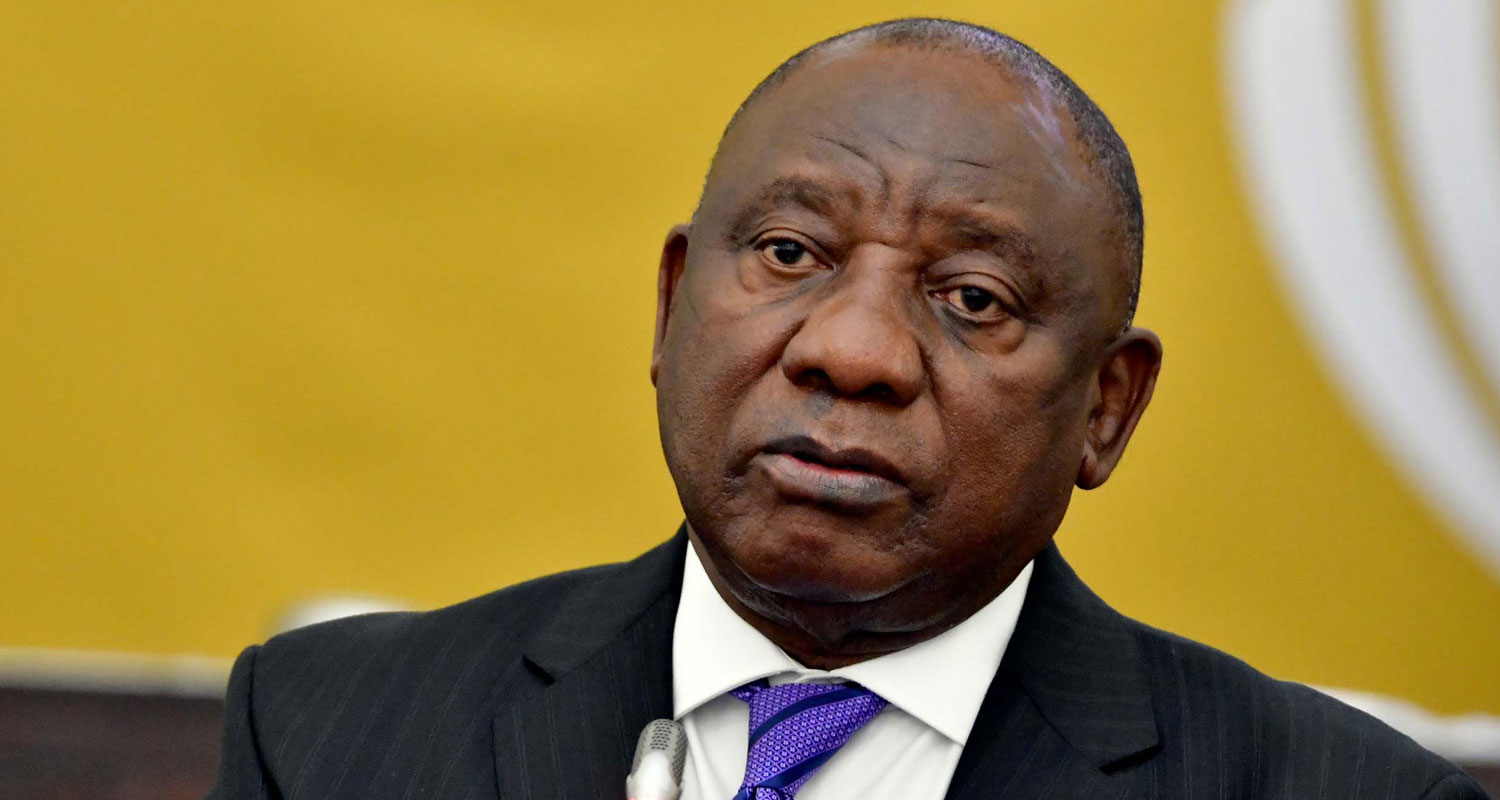
Almost four years, R1-billion and more than 5 000 pages of findings later, the judicial inquiry into corruption during former President Jacob Zuma’s rule is over. The real work of fixing a broken state and bringing those who looted more than R500-billion from the government to account has barely begun.
The cumbersomely named Judicial Commission of Inquiry Into Allegations of State Capture, Corruption and Fraud in the Public Sector Including Organs of State laid out a web of graft that stretched from the national power and rail utilities to Zuma and his cabinet. Chief justice Raymond Zondo, who headed the probe and submitted his final set of findings on Wednesday, recommended the prosecutions of scores of officials ranging from former heads of state companies to government ministers, and an overhaul of appointment processes and managerial controls.
Yet just a handful of arrests have been made in South Africa so far, while two of the Gupta brothers who stand accused of working hand-in-glove with Zuma to steal from state coffers are in custody in Dubai, with a lengthy extradition process lying ahead. Zuma and the Gupta’s have denied wrongdoing.
Meanwhile, some of those who’ve been implicated in malfeasance continue to hold senior government posts, Eskom is implementing regular blackouts and logistics company Transnet can’t get some of the country’s most valuable exports to ports. Government departments overseeing everything from road building and water provision to the issuing of drivers’ licences are failing.
“The Zondo commission shows that the state has become a broken institution in itself,” Sanusha Naidu, a senior research fellow at the Institute for Global Dialogue, said by phone. “It is all very well for the commission to make a whole lot of recommendations, but can the state actually carry them out when so many of its organs are financially and systematically broken?”
With national elections scheduled for two years’ time, the findings have cast the ruling ANC and President Cyril Ramaphosa in a poor light.
ANC is ‘accused number 1’
“The ANC and its leaders stand accused of corruption,” Ramaphosa wrote in an August 2020 letter to party members that formed part of the evidence presented to the commission. “The ANC may not stand alone in the dock, but it does stand as accused number 1.”
Yet Ramaphosa and the ANC, both during Zuma’s rule and after he resigned in February 2018, have done little to tackle corruption within the party’s ranks, Zondo said. He held the party responsible for keeping Zuma in office and therefore for the looting of “billions of rands of taxpayers’ money”.
“There were multiple ‘warning signs’ in the public domain, which the ANC did not act on in any meaningful way for at least five years,” Zondo wrote. “There was arguably, at least, a knowing abdication of responsibility.
In a statement issued after the release of Zondo’s final report, the ANC said it would use his findings to help “enhance the process of fundamental renewal and rebuilding within our movement”. Ramaphosa said he will spell out what action he will take by October.
A lawyer, former labour union leader and one of the richest black South Africans, Ramaphosa served as Zuma’s deputy for more than four years. During that period, Ramaphosa largely stood by and did little to halt the graft that’s wrecked state companies and saddled them with debt, Zondo said.
‘Opaque’
“The question of what he knew is still somewhat opaque,” the chief justice said. “In my view, he should have spoken out.”
Ramaphosa, who took office after the ANC forced Zuma to quit to stem a loss of electoral support, told Zondo last year that he’d considered resigning as deputy president, but decided to stay on to fight the graft scourge from within the government — a strategy the judge rejected as flawed.
Now Ramaphosa and the ANC face an uphill battle to convince a sceptical public that the corrupt will be brought to account and that they can fix the damage wrought during the Zuma years. There have been scant signs of progress so far — power cuts have worsened, municipalities have run out of money and the private sector is taking it upon itself to build power plants, guard key transport routes and fulfil other functions previously carried out by the state.
Politically, the party that Nelson Mandela led to power in 1994 is already paying a price. In municipal elections last year, it garnered less than half of the vote for the first time, with South Africans naming corruption as a top concern. An April survey by the Social Research Foundation showed that many potential voters favour the idea of the party governing in a coalition going forward to temper its excesses.

“ANC voters are saddened with their party,” the foundation said in a report accompanying the survey results. “The idea of an ANC-opposition coalition deal appears well received for the influence ANC voters think the opposition might have on their party.”
Still, the commission has served its purpose in that it may allow South Africa to move forward from the Zuma era, said Thuli Madonsela, South Africa’s former Public Protector, who ordered the creation of the judicial commission in 2017.
“I believe the state capture commission was worth it,” she said in text message. “What the commission has revealed does mark the beginning of the final process of ending state capture provided we scrupulously apply the information and implement the remedial action.”









